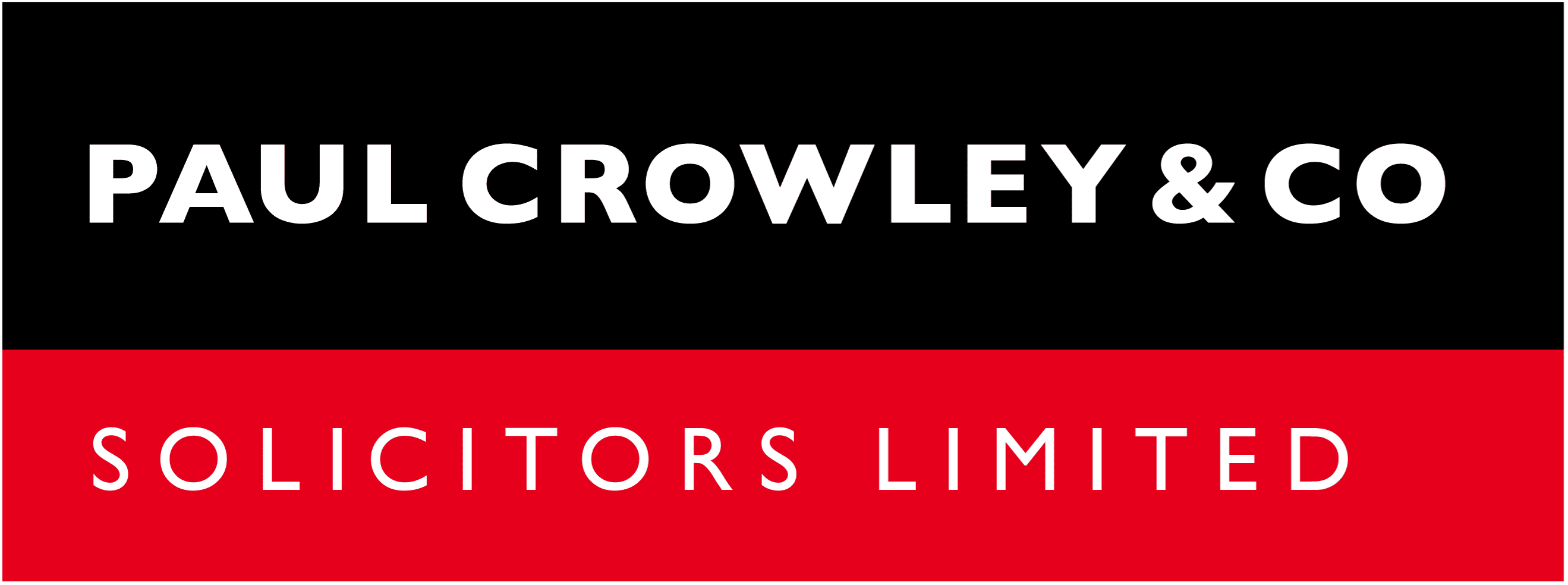One of the main outcomes from the chancellor’s budget announcement on 22 November is the immediate abolition of stamp duty for first-time buyers (FTBs) purchasing properties up to £300,000.
Those spending up to £500,000 – including buyers in London – will also benefit, as the first £300,000 of the purchase price will not be subject to the tax.
The chancellor has been under pressure for some time to change the way stamp duty effects FTBs and also the housing market. It would usually mean FTBs having to save for longer as increasing prices require more money to cover their deposit as well as the tax. It also saw families staying put and extending their homes rather than upsizing and incurring the charge.
‘I would urge all those who are trying to get on the property ladder to take advantage, the money you would normally pay on your stamp duty (previously on purchases over £125,000 for first time buyers) could go towards other expenses such as your legal fees, removal fees etc.
In the time since it has been announced I have already had many clients benefit which has been most welcomed especially just before Christmas.’
Jenna Gall | Solicitor
Paul Crowley & Co. Solicitors
This significant move, which will cost the Treasury an estimated £3.2bn over the next five years, will save the average first-time buyer £1,660.
However, reports say that the tax break is likely to push house prices up by around 0.3% and that people who already own a property are more likely to benefit than FTBs.
But there is still no denying that this is a positive breakthrough for people looking to get on the property ladder and hopefully it will encourage them to take the leap.
If you’re a first-time buyer, Paul Crowley & Co has vast experience in helping clients purchase their first home, ensuring the transaction process is smooth and efficient.
Use our helpful checklist to assist you from start to finish:
Talk with an independent financial advisor before viewing properties. Mortgage lenders have varying criteria and there can be a significant difference in what each bank or building society may be willing to lend you.
Remember, buying a home will cost more than just the purchase price. There’s legal fees, survey fees, mortgage arrangement fees, lenders valuation fee and moving costs.
Now you’ve established what you can afford, it’s time for the search to commence. Don’t be disheartened if you don’t find your dream home straightaway, these things can take some time.
Once you think you’ve found The One, make sure to visit it at least twice, preferably on different days and at different times of the day. We’d suggest mid-week and at the weekend. Be sure to walk around the neighbourhood if you’re unfamiliar with the area and speak to any locals to find out why they like living around there.
On your second viewing go armed with a list of questions to ask the estate agent or owner. Whether it’s what fixtures and fittings are included in the price to finding out when the windows were last replaced.
Now you’ve found your ideal home… it’s time to negotiate. FTBs have the upper hand somewhat as you have no chain, so use it to your advantage. Put in a ‘cheeky’ offer first to see their vendor’s response and from there you’ll be able to gauge what your next step will be – you never know, they may even accept the first offer if it’s been on the market for a while or they’re looking to move quickly.
It’s important to choose a firm of Solicitors who are based in the same region as the property you are purchasing, as they usually have many years’ experience in dealing with property in the area.
Look for a Solicitor with the Law Society Practice Management Accreditation, Lexcel and the Conveyancing Quality Scheme Accreditation as these show the firm has undergone rigorous auditing to ensure they meet the high client care standards required by The Law Society. Remember – cheapest isn’t always best!
Don’t just rely on your mortgage lenders valuation, opt for a Homebuyers survey at the very least. This will detect problems such as damp and leaky roofs – which could come as a costly surprise later on. If there are a number of problems highlighted in the survey, it may also give you more of a bargaining tool in getting the house price reduced slightly.
Don’t forget to arrange Buildings and Contents Insurance, find suppliers for your gas and electricity etc.


 ‘I would urge all those who are trying to get on the property ladder to take advantage, the money you would normally pay on your stamp duty (previously on purchases over £125,000 for first time buyers) could go towards other expenses such as your legal fees, removal fees etc.
‘I would urge all those who are trying to get on the property ladder to take advantage, the money you would normally pay on your stamp duty (previously on purchases over £125,000 for first time buyers) could go towards other expenses such as your legal fees, removal fees etc.